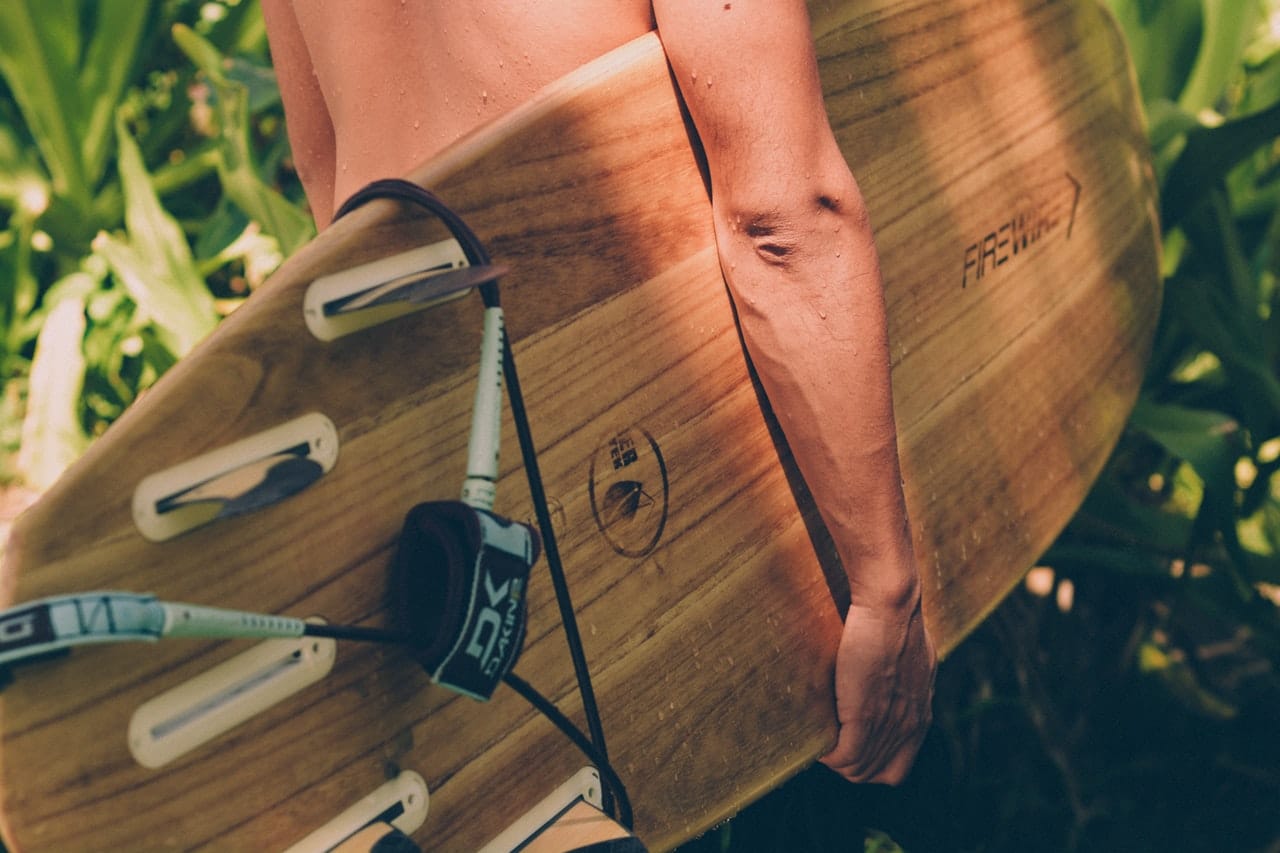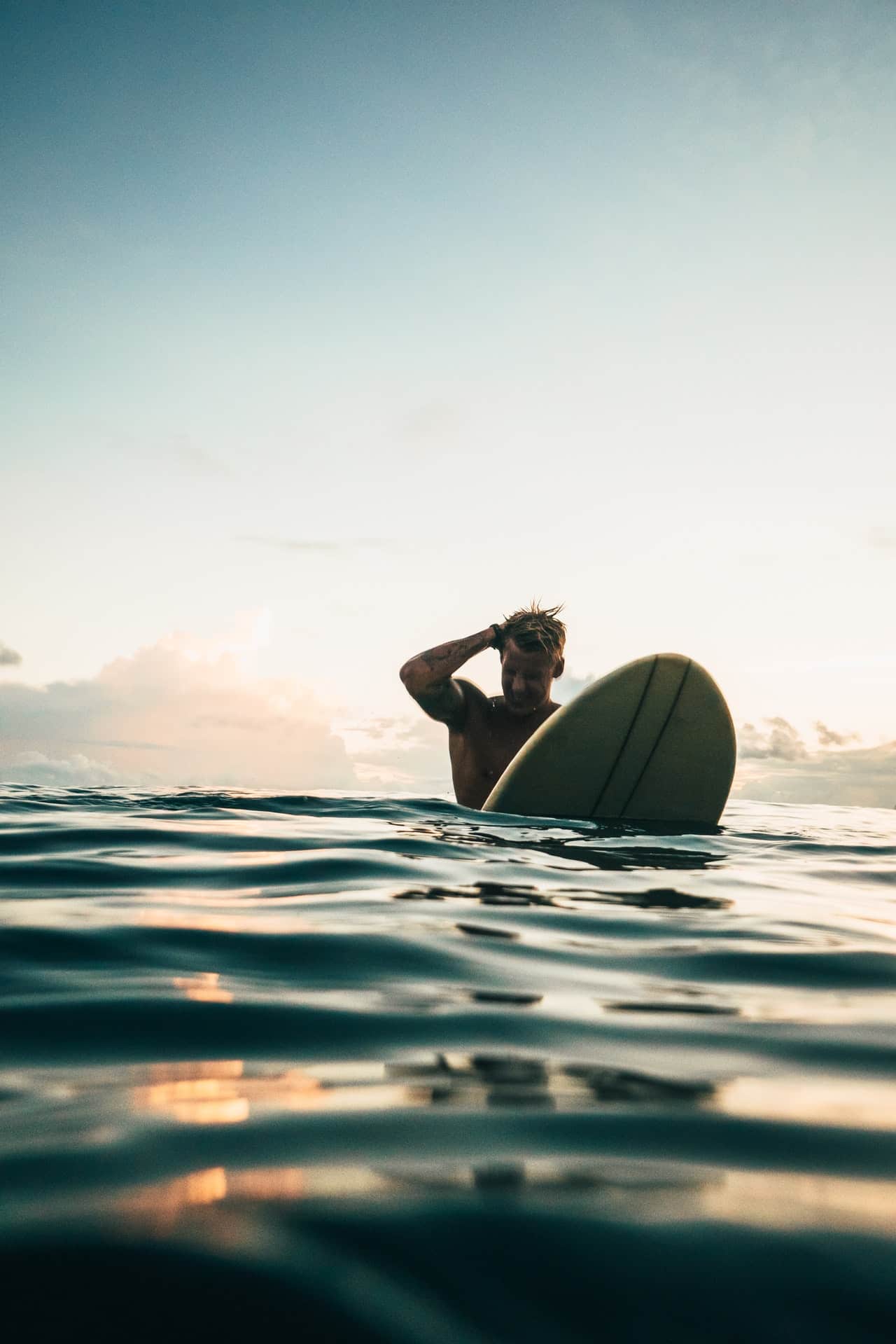If you’re eager to get on the surfing bandwagon and are just dying to ride those waves, then it’s about time that you got involved! Start taking lessons and understand how the waves work so that you can really gain an understanding to become a seasoned surfer.
Once you have the basics down, it’s important that you start thinking about getting your own surfboard. In order to ensure that you go about picking one (the right way!), we’ve made a guide to help you decide the right one for you.
IMAGE: PEXELS
What Level Are You At?
Depending on whether you’re at the beginner or intermediate level, you’ll be able to narrow down what kind of surfboard you need. However, it’s never a good idea to go for an advanced level surfboard if you’re just starting.
The surfboard designs at https://www.southernman.com.au/blog/best-js-industries-surfboards-2019/ will give you insight into what these look like. They’re smaller, slick, and are designed in such a way that it is easy to maneuver and can go super fast.
As a beginner, however, you want to have a relatively longer board with enough floatation so that you have the opportunity to practice getting up on the board with ease and don’t have to worry about being taken under because of how much floatation there is.
How Much Do You Weigh
How much you weigh does play into what kind of board you need to get so that the process of learning is easier and more effective for you.
As a beginner, you do generally want a board that is big enough to float, but if you weigh less and are a shorter person, then you don’t want it to be too long either because you do want a bit of maneuvering and you want to be able to paddle out with ease. If you’re on the heavier side, then clearly the longer option is for you.
What Kind Of Waves Do You Ride
As a beginner, you’re more likely to be riding the smaller waves. In some locations, however, the small waves can either be a bit messy, or can be clean and even be slightly hollowed.
In the event that you’re dealing with mushy waves, then go for the heavier, longer boards as they are more likely to catch these kinds of waves. If you have cleaner waves breaking in your location, then you can go for a fish and smaller board to give you the opportunity to try more movement.
How Often Will You Surf
This plays into your decision making simply because it will determine how fast you learn, and also how many options you have in terms of the kinds of waves you’ll be surfing. If you won’t be able to surf that often, then just go for your standard longboard until you get the hang of things.
If you’re going to be putting in a lot of time, however, then it’s a good idea to get yourself two boards. This is because you want to be prepared for any kind of waves that come your way. It would be a shame to have to sit out a session because you got the wrong board with you at any time.
So get yourself the standard longboard, and also long into getting the smaller, fish board, which has a fin-like shape at the back. These give you the chance to try out different moves and go a little faster than the longboard, but needs cleaner, more defined and slightly bigger waves.
Get Expert Advice
If even after all this, you’re still uneasy or uncertain about exactly what kind of surfboard to invest in, don’t hesitate to contact a seasoned surfer to help you out. Find either an instructor or someone you know has been surfing for a long time and who understand the sport, then ask them for their guidance as well.
It’s very important that, as a beginner, that you get the right kind of board because by getting the wrong type, it could actually slow down the learning process for you in a big way.
Find out how much you weigh and how tall you are, do some research online to understand the dynamics and why boards are made the way they are, and see how much you want to do. If you’re planning to go at it full speed ahead, then it’s probably a good idea to invest in 2 kinds of boards to take on different kinds of waves. And most importantly, make sure you consult a pro to help you out.
If you are interested in even more lifestyle-related articles and information from us here at Bit Rebels, then we have a lot to choose from.


COMMENTS